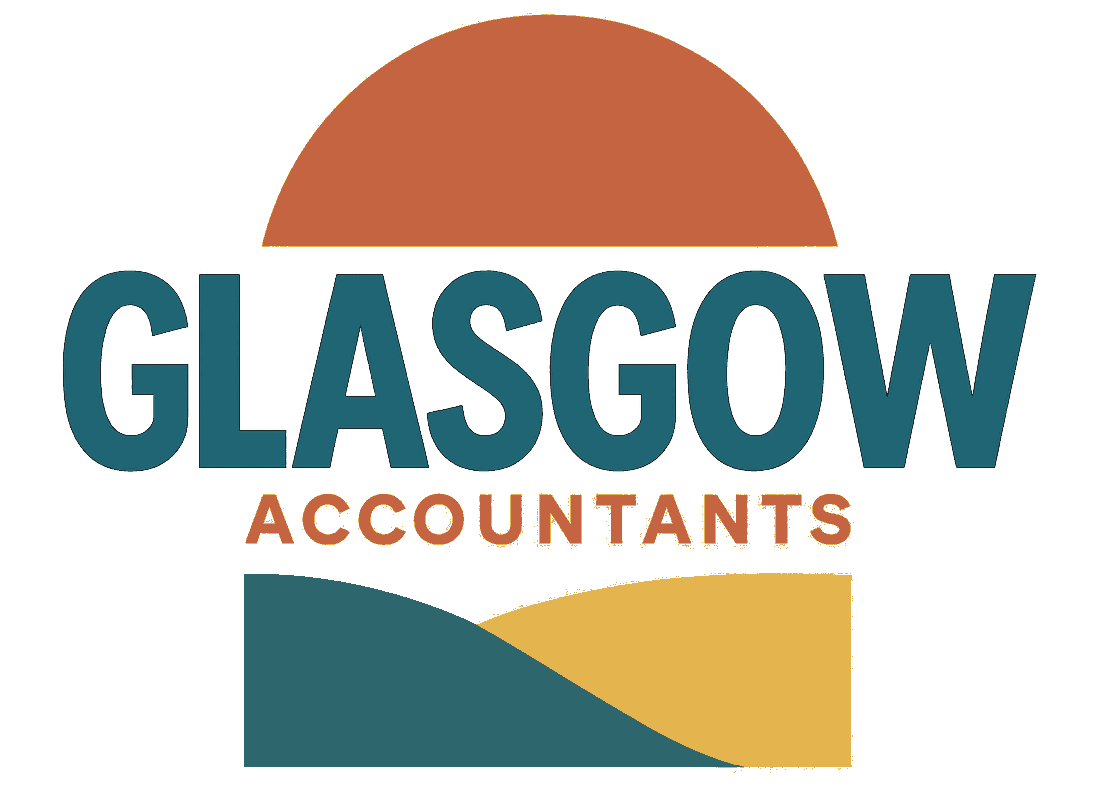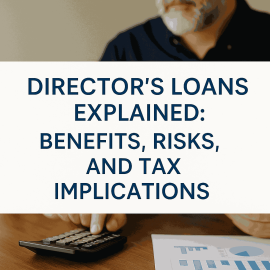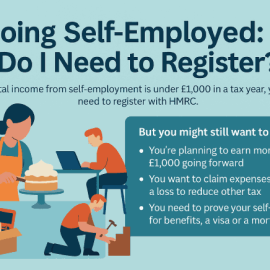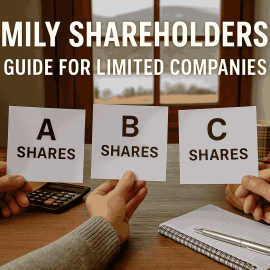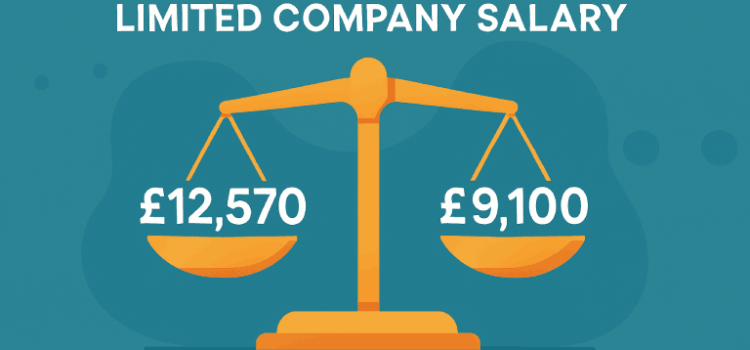
Glasgow Accountant’s Guide: Should You Pay Yourself £9,100 or £12,570 in 2025/26?
If you run your own limited company, chances are you’ve heard this advice more than once:
“Pay yourself £9,100 and take the rest as dividends.”
It’s been the standard approach for years. And in some cases, it still works.
But for the 2025/26 tax year, that’s no longer always the most efficient route—especially for directors with modest profits and no additional staff.
In fact, paying yourself a full £12,570 salary can now put more money in your pocket—even after factoring in the cost of employer National Insurance.
Let’s break it down.
Two Salary Strategies—Which Is Better in 2025/26?
Let’s assume your company makes £30,000 profit, before any salary is paid.
You’ve got two realistic options:
Option A – £9,100 Salary + Dividends
- No employer NIC due
- Leaves most of your Personal Allowance untouched (useful for dividend tax planning)
- Still popular for its simplicity
Option B – £12,570 Salary + Dividends
- Triggers employer NIC on the amount over £9,100
- But gives you extra Corporation Tax relief
- Uses up your full Personal Allowance (no room left for tax-free dividends)
So which option puts more money in your hands?
2025/26 Tax Year – Side-by-Side Comparison
| Option A (£9,100) | Option B (£12,570) | |
|---|---|---|
| Employer NIC | £0 | £479 |
| Corporation Tax (19%) | £3,971 | £3,221 |
| Available Dividends | £16,929 | £13,730 |
| Dividend Tax (8.75%) | £1,134 | £1,158 |
| Total Tax Paid | £5,105 | £4,857 |
| Take-Home Salary | £9,100 | £12,570 |
| Take-Home Dividends | £15,795 | £12,572 |
| ✅ Total Net Income | £24,895 | £25,143 |
✅
Winner: £12,570 Salary Strategy
You’re £248 better off by paying the full £12,570 salary—even after paying £479 in employer NIC.
Why Paying Yourself More Can Be More Efficient
It seems backwards, right?
Triggering employer NIC at 13.8% on the salary above £9,100 sounds like a loss. But the Corporation Tax saving more than offsets it.
Let’s isolate the salary difference:
- Extra salary paid: £3,470
- Employer NIC: £479
- Corporation Tax saved (19%): £659
Net saving: £180, plus more of your income is taxed as salary (and therefore covered by your Personal Allowance), rather than dividends.
Why the £9,100 Salary Advice Persists
The lower salary strategy isn’t wrong—it’s just simpler:
- No payroll liabilities to report
- No employer NIC to pay
- Leaves more of your Personal Allowance free for dividend tax planning
That’s why some accountants still default to it. It works well when:
- You have more than one employee and can claim the Employment Allowance
- You’re leaving profits in the company
- You prefer a “minimal admin” setup
Important Considerations Before You Decide
- 💡 This only applies at lower profit levels. Once you enter the higher-rate dividend tax band (33.75%), the planning shifts again.
- ❌ Employment Allowance doesn’t apply to most single-director companies with no employees—so you will pay the £479 NIC.
- 🏦 If you’re not withdrawing all profits, it may be better to leave more money in the company and extract it later more tax-efficiently.
What Should You Do?
If you’re a single-director company in Glasgow earning modest profits and want to take out most of your earnings—£12,570 salary is likely more tax-efficient.
But tax planning isn’t one-size-fits-all. It depends on:
- Your profit level
- Your personal income
- Whether you’re building up reserves or taking money out
- Whether your spouse is involved in the company
Want to Sense-Check Your Salary Strategy?
If you’re not sure whether you’ve got the most efficient setup—or just want a second opinion—I’m happy to take a look.
No sales pitch. No pressure. Just straightforward, local advice from someone who helps limited company directors in Glasgow make better tax decisions every day.
👉 Contact Glasgow Accountants – Let’s make sure your director pay strategy works for you, not just on paper.
